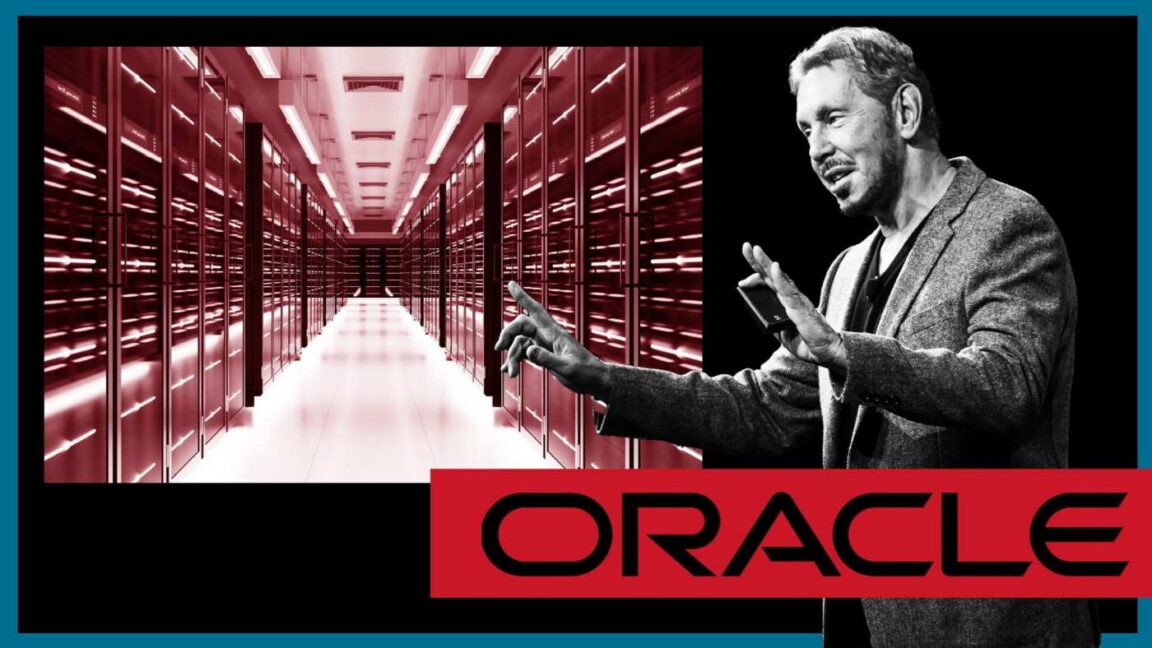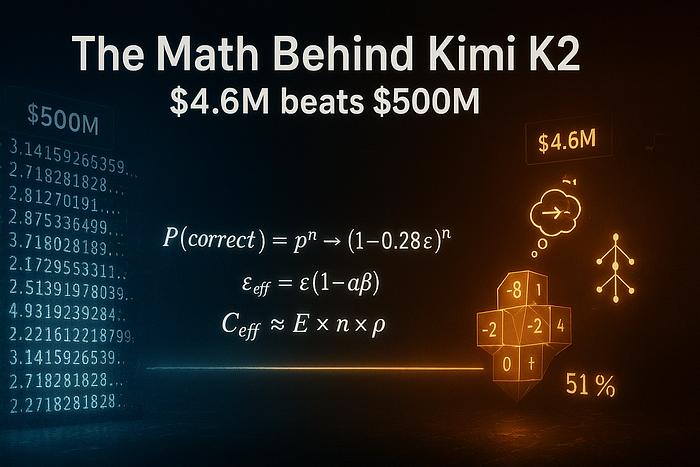Introduction to Telegram’s Cocoon AI Network
Telegram’s Cocoon AI network is getting ready for prime time with a massive deployment of graphics processing units courtesy of one of the Ton blockchain ecosystem’s leading investors, AlphaTON Capital. This move is set to provide the massive amounts of computing power needed by Cocoon to support Telegram’s vision of a decentralised AI ecosystem.
What is Cocoon AI?
Cocoon, which stands for “Confidential Compute Open Network”, is a decentralised AI infrastructure network built on the Ton blockchain that allows anyone to contribute computing resources. Those who make their GPUs and other AI accelerators available to the network can earn $TON cryptocurrency for renting their hardware out to the network’s customers.
Benefits of Cocoon AI
With Cocoon AI, users benefit from being able to maintain control of any data they provide to AI systems, in-line with the privacy-preserving ethos of the Ton blockchain. The project is the brainchild of Telegram founder and CEO Pavel Durov, and represents an effort to make AI more open and beneficial to the masses. Instead of paying to access AI services like ChatGPT in both money and data, users can access them for free, and potentially earn $TON by monetising their personal data or contributing to the network.
Partnership with AlphaTON Capital
AlphaTON is working with SingularityNET, CUDO Compute, and Vertical Data to deploy a huge fleet of high-performance GPUs on the network, housed in a sustainably-powered data centre in Sweden that runs on hydroelectric power. The intention is to provide the massive amounts of computing power needed by Cocoon to support Telegram’s vision of a decentralised AI ecosystem.
An Ethical & Sustainable Foundation for AI
AlphaTON said its GPU fleet is being funded through Vertical Data’s GPUFinancing subsidiary, which offers structured financing for large-scale deployments of decentralised AI hardware. SingularityNET, creator of a decentralised platform for building and monetising AI services, and CUDO Compute, are supporting the deployment with their specialised expertise in AI infrastructure. The deployment represents a key milestone in the convergence of ethical AI, data privacy, and environmental responsibility.
Future of AI Infrastructure
AlphaTON CEO Brittany Kaiser said there’s a growing recognition about the need for AI infrastructure that prioritises user sovereignty, environmental responsibility, and decentralised governance. She said there are valid concerns about AI services continually slurping user’s data, the out-of-control energy consumption of AI server farms, and the level of centralised control in the industry. “The partnership represents the future of AI infrastructure, where privacy, sustainability, and decentralisation aren’t competing priorities, but foundational principles,” Kaiser said.
Conclusion
The partnership between AlphaTON and its partners is set to revolutionise the AI industry by providing a decentralised, sustainable, and private AI infrastructure. With the deployment of a huge fleet of high-performance GPUs, Cocoon AI is ready to take off and provide users with a new way to access AI services. As the demand for AI continues to grow, it’s essential to prioritize user sovereignty, environmental responsibility, and decentralised governance.
FAQs
- What is Cocoon AI?
Cocoon AI is a decentralised AI infrastructure network built on the Ton blockchain that allows anyone to contribute computing resources. - What are the benefits of using Cocoon AI?
The benefits of using Cocoon AI include maintaining control of user data, accessing AI services for free, and potentially earning $TON by monetising personal data or contributing to the network. - What is the partnership between AlphaTON and its partners?
The partnership between AlphaTON and its partners is to deploy a huge fleet of high-performance GPUs on the Cocoon AI network, housed in a sustainably-powered data centre in Sweden that runs on hydroelectric power. - What is the future of AI infrastructure?
The future of AI infrastructure prioritises user sovereignty, environmental responsibility, and decentralised governance, where privacy, sustainability, and decentralisation are foundational principles.










